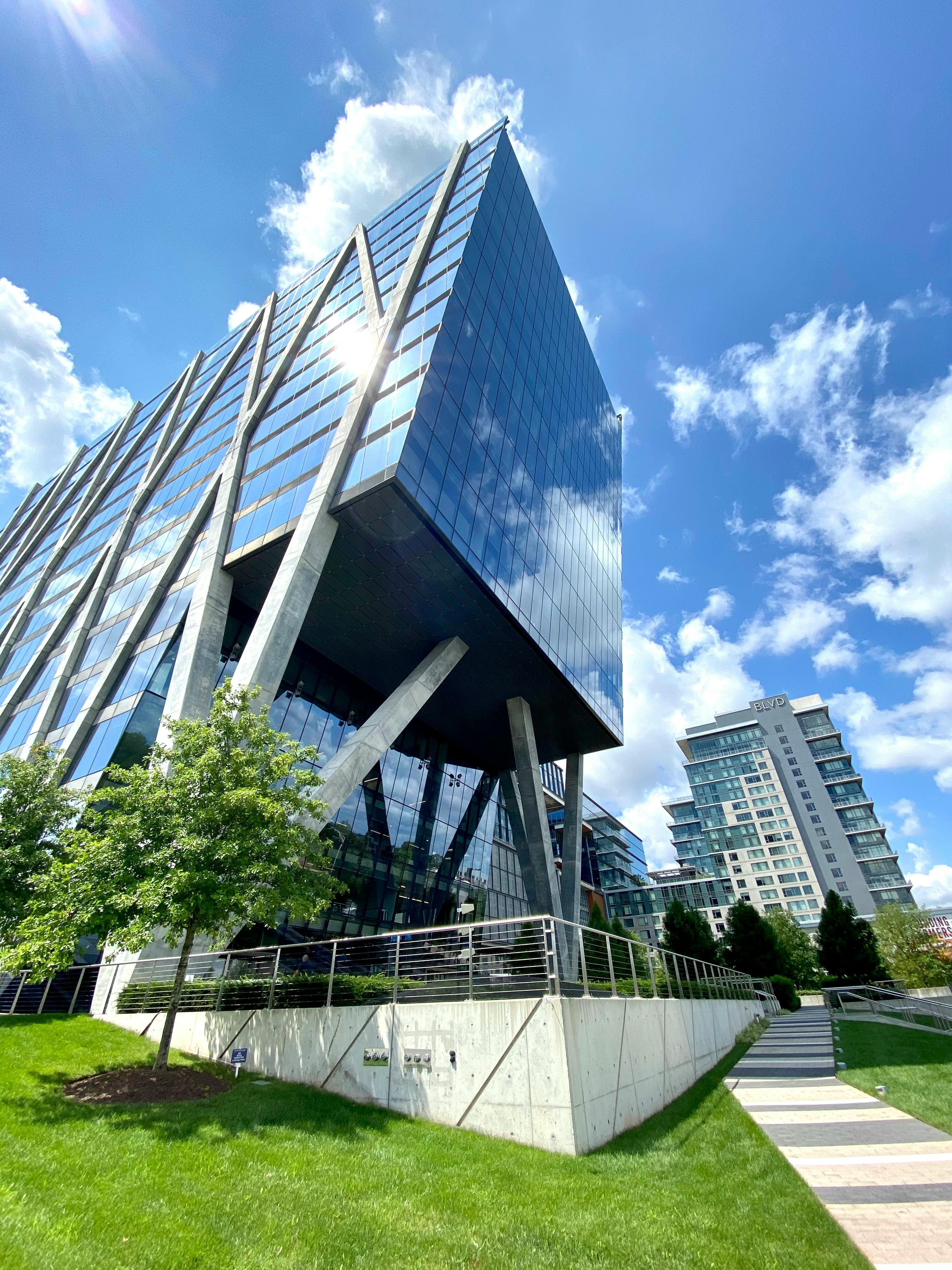At GPXUS, we specialize in providing expert services for septic system maintenance. It is crucial to regularly maintain your septic system to ensure proper functioning and prevent costly repairs or environmental damage. Our team of experienced professionals can conduct inspections, pump outs, and proper disposal of waste to keep your septic system running smoothly. Trust GPXUS for all your septic system maintenance needs.

Have you been thinking about septic system maintenance?
Ensuring your septic system is properly maintained is crucial for a healthy and efficient system. With the help of GPXUS, The Government Project Experts, we can guide you through the steps you need to take to keep your septic system running smoothly. Let’s dive into the world of septic system maintenance together.
What is a septic system and why is maintenance important?
A septic system is an underground wastewater treatment structure commonly used in rural areas without centralized sewer systems. It consists of a septic tank and a drain field where wastewater from your home is treated and eventually released into the soil. Maintenance is crucial to prevent system failures, backups, and costly repairs. Regular maintenance ensures that your septic system continues to function properly and protects your health and the environment.
Signs that your septic system requires maintenance
It’s important to pay attention to signs that your septic system may be in need of maintenance. Some common indicators include:
- Foul odors coming from the drains or yard
- Slow draining sinks and toilets
- Standing water around the septic tank or drain field
- Gurgling noises in the plumbing system
If you notice any of these signs, it’s essential to address them promptly to prevent further damage to your septic system.
Regular maintenance tasks for a septic system
Regular maintenance tasks are essential to keep your septic system operating efficiently. Here are some key maintenance tasks that should be performed on a regular basis:
| Task | Frequency |
|---|---|
| Inspecting the septic tank | Every 1-3 years |
| Pumping the septic tank | Every 3-5 years |
| Checking for leaks and cracks | Annually |
| Monitoring water usage | Quarterly |
| Using septic-safe products | Always |
By staying on top of these maintenance tasks, you can ensure the longevity and functionality of your septic system.
Benefits of regular septic system maintenance
There are numerous benefits to regularly maintaining your septic system, including:
- Preventing expensive repairs: By catching issues early through regular maintenance, you can avoid costly repairs down the line.
- Protecting your health: A well-maintained septic system reduces the risk of groundwater contamination and exposure to harmful pathogens.
- Preserving the environment: Proper maintenance helps prevent pollution of lakes, rivers, and streams, preserving the environment for future generations.
- Increasing property value: A well-maintained septic system adds value to your property and gives potential buyers peace of mind.
What to expect during a septic system inspection
During a septic system inspection, a qualified professional will evaluate the condition of your system to ensure it is functioning correctly. This inspection typically involves:
- Checking for any signs of leaks or cracks in the septic tank
- Testing the levels of sludge and scum in the tank
- Inspecting the drain field for any signs of clogging or standing water
- Identifying any potential issues that may require repair or maintenance
A thorough inspection will provide you with valuable insights into the health of your septic system and any necessary actions that need to be taken.
Common septic system maintenance mistakes to avoid
While regular maintenance is essential, there are certain mistakes that homeowners often make when it comes to septic system care. Here are some common mistakes to avoid:
- Flushing non-biodegradable items down the toilet
- Overloading the system with excessive water usage
- Neglecting regular inspections and pump-outs
- Parking or driving heavy vehicles over the septic system components
By being mindful of these common mistakes, you can help prolong the life of your septic system and avoid potential issues in the future.
The importance of using septic-safe products
Using septic-safe products in your household is crucial to maintaining the health and efficiency of your septic system. These products are specially formulated to be biodegradable and not disrupt the natural processes occurring in your septic tank. Some examples of septic-safe products include:
- Toilet paper labeled as safe for septic systems
- Liquid detergents and soaps that are phosphate-free
- Household cleaners that do not contain harsh chemicals
By using these products, you can help protect your septic system and avoid unnecessary damage.

Wrapping it up
Maintaining your septic system is a responsibility that comes with owning a home with a septic system. By following the tips and guidelines provided by experts like GPXUS, you can ensure your septic system remains in good working condition for years to come. Remember, regular maintenance is key to preventing costly repairs and protecting your health and the environment. If you have any questions or need assistance with your septic system maintenance, don’t hesitate to reach out to us. We’re here to help!


